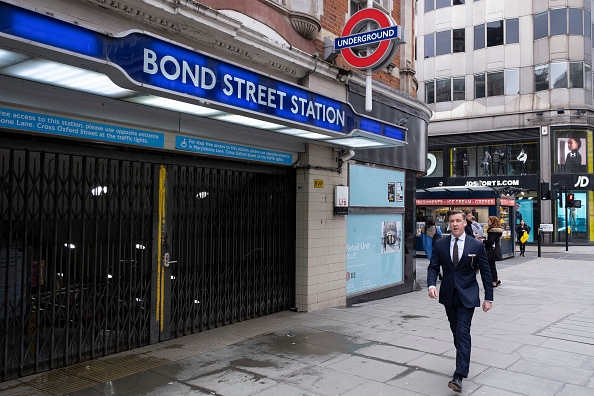DfT urges union to go back to negotiating table following “disappointing” rail strike ballot

The Department for Transport (DfT) has urged the RMT union to go back to the negotiating table after a strike was announced last night following a 34-day ballot.
“Strikes should always be the last resort, not the first, so it is hugely disappointing and premature that the RMT is calling for industrial action before even entering discussions,” said a DfT spokesperson.
The government said the industry remained “on life support” following the pandemic and that blocking people from travelling through a strike could lead to a point of no return.
“We urge the RMT to reconsider and accept the invitation of industry talks, so we can find a solution that delivers for workers, passengers and taxpayers alike.”
The DfT’s words were echoed by transport minister Baroness Vere, who call for the industry to “have a long hard look at itself.”
“Every single business across the country has had to make some sort of changes because of the pandemic,” she said. “The RMT needs to understand that and stop these entirely unnecessary and unhelpful strikes.”
The government’s pleas came after the RMT announced a nation-wide rail strike over job cuts and salaries.
RMT members cited National Railway’s plans to cut up to 2,500 maintenance jobs as the main reason behind the walk out.
Billed “the biggest endorsement for industrial action since privatisation,” the strike was voted by an 89 per cent majority while 71 per cent of the workers balloted took part in the voting.
Network Rail accused the union of “jumping the gun”, calling it on to “sit down with us and continue to talk, not walk.”
“Any industrial action now would be disastrous for our industry’s recovery and would hugely impact vital supply and freight chains,” said Network Rail’s boss Andrew Haines.
“It would also serve to undermine our collective ability to afford the pay increases we want to make.”
The railway industry was not the only one to warn about the strike’s economic implication, as hospitality bosses lambasted the decision as it undermines the sector’s Covid recovery as well as venue staff working late into the night.
“A national rail strike would further jeopardise hospitality businesses working hard to rebuild following the pandemic, in the face of rising costs and a fall in consumer confidence,” UKHospitality CEO Kate Nicholls said.
She added: “A lack of commuter trains bringing people into towns and cities will further set back the recovery of our high streets and will also deter people from going out in the evening – especially women and vulnerable people who may rely on trains to get them home and feel safe late at night.
The Night Time Industries Association (NTIA) also said that the strike action was “hugely concerning.”